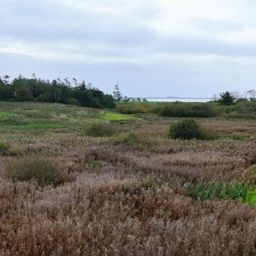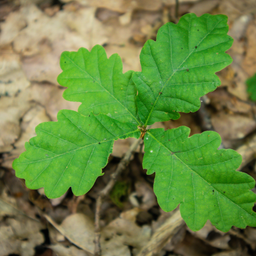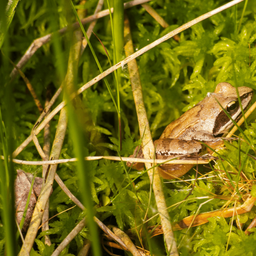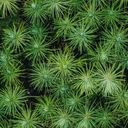
Corsican Pine: characteristics and usage
Originally found in Corsica, the Corsican Pine is now common throughout Europe, as it has been planted extensively for its high-quality timber
Corsican Pine
Corsican pine (pinus nigra var. corsicana) is a genus variant of the black pine(pinus nigra) and is quite common, ever since a reforestation began in the 20th century. The tree is know for it's magnificent height and are the pride of Corsica, where it was said that the Phoenicians, the great navigators, travelled to over 2,000 years ago in order to make the pines into masts for their boats.
Why EcoTree plants Corsican Pine
Corsican pine can be found naturally growing in mountain ranges at altitudes from 900 to 1,800 meters. It is often found growing with beech trees and firs on dark, cool north-facing slopes. This species needs lots of water, meaning at least 800 mm of rain and up to 1200 mm yearly.
Corsican pine thrive in granitic or sandy soils, and it doesn't need a particularly rich mineral diversity in the soil. However, the tree does not grow easily in compact or wet soils, nor in soils with a lot of limestone.
The species can fall victim to red band needle blight which is caused by two fungi attacking the needles, and in extreme cases causing the tree to lose its needles and or die. This is most frequent in very warm or very wet areas. This is why our forest team pays close attention to the composition of each forest site. We never plant the species if it's not viable and would thrive in the forest.
Corsican Pine - Overview
Corsican Pine - Overview

Corsican Pine - Species requirements
Corsican Pine originates from Corsica, where the species cover over 20,000 hectares of land. However, following the plantings of the tree in regions across France, they have spread widely. In order to encourage its growth outside of its native habitat, seedling orchards have been developed in the South-Central France.
Corsican Pine
Grown in the right conditions, Corsican Pines regularly produce good wood. They can produce 5-10 m3/hectare per year. Its wood is highly sought after in carpentry. It's used for wood flooring, paneling, lumber, plywood, and planks.
In the Corsican mountains, the heartwood is red-brown. In lowlands, the transformation of sapwood into heartwood is significantly slower and occurs even later during periods of rapid growth.
Symbolism of the Corsican Pine
For centuries, the pine has been dedicated to gods and goddesses. Especially the goddess Cybele, the symbol of fertility, and known as "Mother of the gods" often dwelt under a pine tree which, by the will of Zeus, always kept its green colour. That's why it's called an evergreen.
As the Corsican Pine blooms in May, it is an ideal eco-friendly gift for Mother's Day. The tree is a gift that grows more beautiful every year and blooms every year for Mother's Day, heralding the return of spring. Plant a Corsican Pine in honour of your mom this Mother's Day!
Our selection of trees
Our goal is to enable anyone to do something that benefits nature and helps us to live in a more harmonious world. So why not become a tree owner in a European forest and help combat climate change?
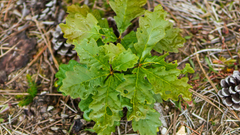

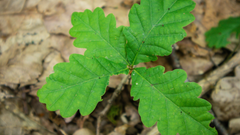



Please note that this is promotional communication. See our notice of information.

